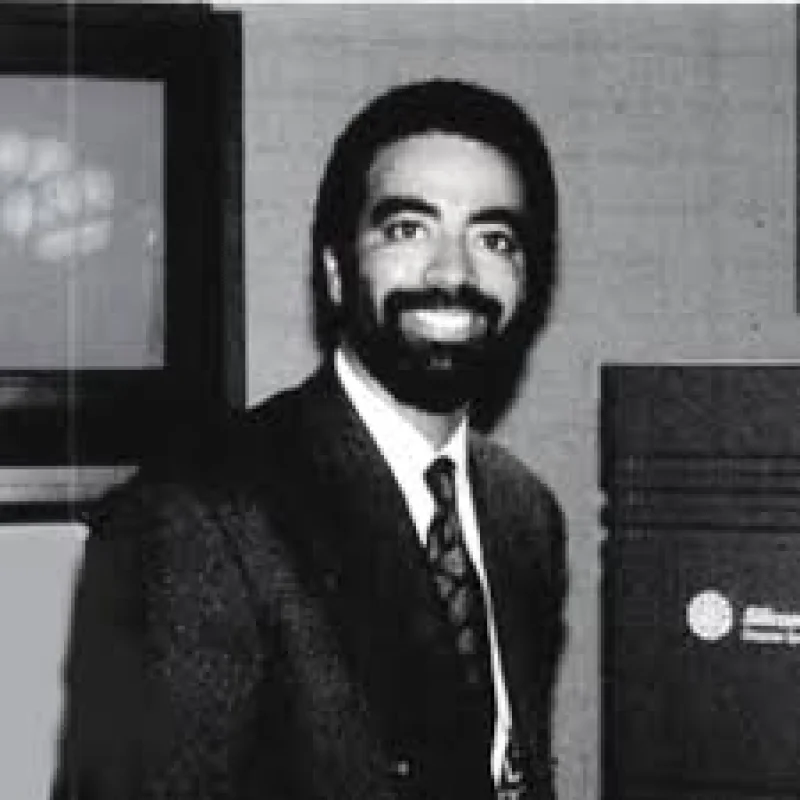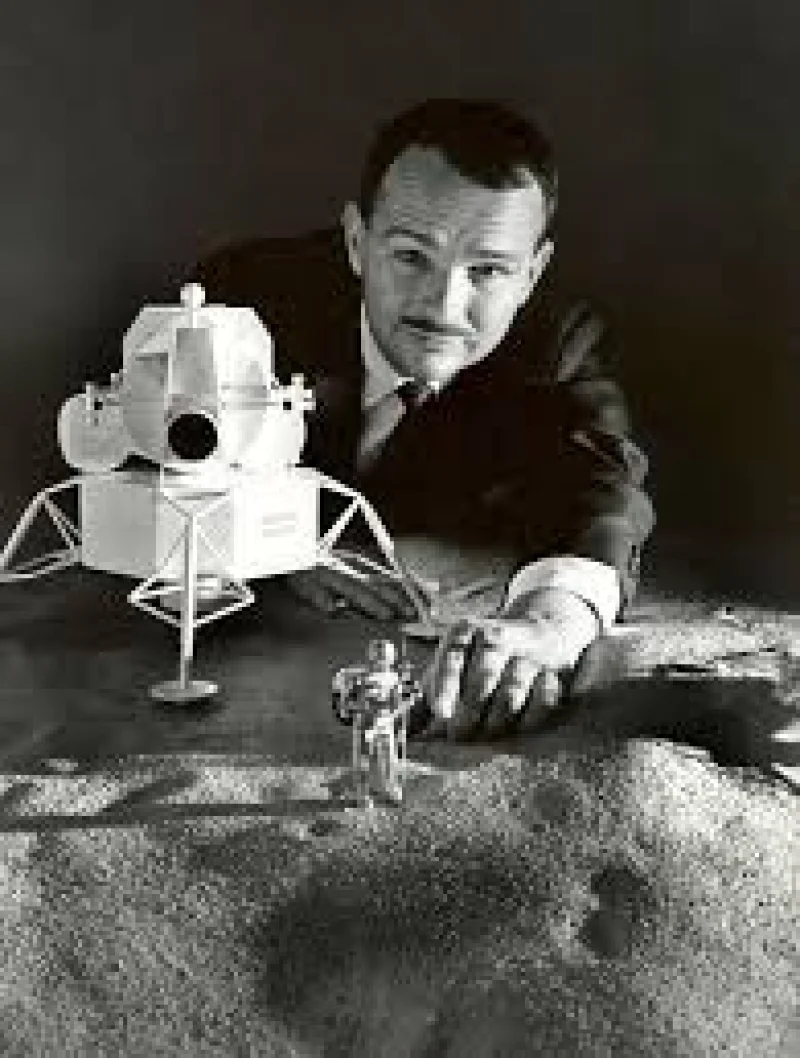Short Summary
Robert Boyle was a 17th-century natural philosopher, chemist, physicist, and inventor, widely regarded as one of the pioneers of modern chemistry. He is best known for Boyle's Law, which describes the inversely proportional relationship between the pressure and volume of a gas. His work laid the groundwork for future scientific research, moving away from alchemy to more empirical methods. Boyle's contributions to the scientific method and his philosophical writings have left a lasting impact on both science and philosophy.
Early Life & Education
Robert Boyle was born on January 25, 1627, in Lismore, County Waterford, Ireland, into the prominent Boyle family. He was the seventh son of Richard Boyle, the Earl of Cork, a wealthy and influential figure. At a young age, Boyle was sent to Eton College in England, where he received a classical education. Following this, he traveled extensively across Europe, which included a period of study at the University of Geneva. These experiences exposed him to the burgeoning scientific ideas of the time and instilled a lifelong passion for experimentation and inquiry.
Career Highlights
Boyle's career was marked by significant contributions to the development of modern chemistry and the scientific method. In 1661, he published "The Sceptical Chymist," a seminal text that questioned traditional alchemical theories and advocated for a more rigorous approach to chemical analysis. He was a founding member of the Royal Society, which played a crucial role in fostering scientific collaboration and innovation. Boyle's experiments with gases led to the formulation of Boyle's Law, a fundamental principle in physics that describes the behavior of gases under pressure. His work in pneumatics and the study of air pressure was groundbreaking for its time.
Major Achievements
- Published "The Sceptical Chymist," laying the foundation for modern chemistry.
- Formulated Boyle's Law, describing the relationship between pressure and volume of gases.
- Co-founded the Royal Society, promoting scientific inquiry and collaboration.
- Contributed to the development of the scientific method through empirical research.
- Advanced the understanding of gases and pneumatics through extensive experimentation.
Famous Quotes
- "The study of the book of nature is a kind of intercourse of the mind with the great author of it."
- "God would not have made the universe as it is unless He intended that we should understand it."
Interesting Facts
- Boyle was a devout Christian and wrote extensively on the relationship between science and religion.
- He never married, dedicating his life to scientific exploration and religious study.
- Boyle's Law was initially published in 1662 and remains a fundamental principle in physics.
- He was one of the first scientists to advocate for the use of controlled experiments.
- Boyle's interest in alchemy led him to conduct numerous experiments, even as he argued against its mystical aspects.
Legacy / Influence
Robert Boyle's legacy is profound in the realms of chemistry and physics. By advocating for empirical methods and challenging alchemical traditions, he helped pave the way for modern scientific inquiry. His emphasis on experimental rigor influenced the development of the scientific method, establishing a framework for future research. Boyle's work in pneumatics and gas laws remains foundational in physics, and his philosophical writings continue to be studied for their insight into the interplay between science and religion.
FAQ
Q: Why is Robert Boyle famous?
A: Because of his pioneering work in chemistry, particularly Boyle's Law, and his influence on the scientific method.
Q: What is Boyle's Law?
A: Boyle's Law describes the inverse relationship between the pressure and volume of a gas at constant temperature.
Q: Was Robert Boyle involved in alchemy?
A: Yes, he conducted alchemical experiments but ultimately argued against its mystical aspects, promoting a more empirical approach.











